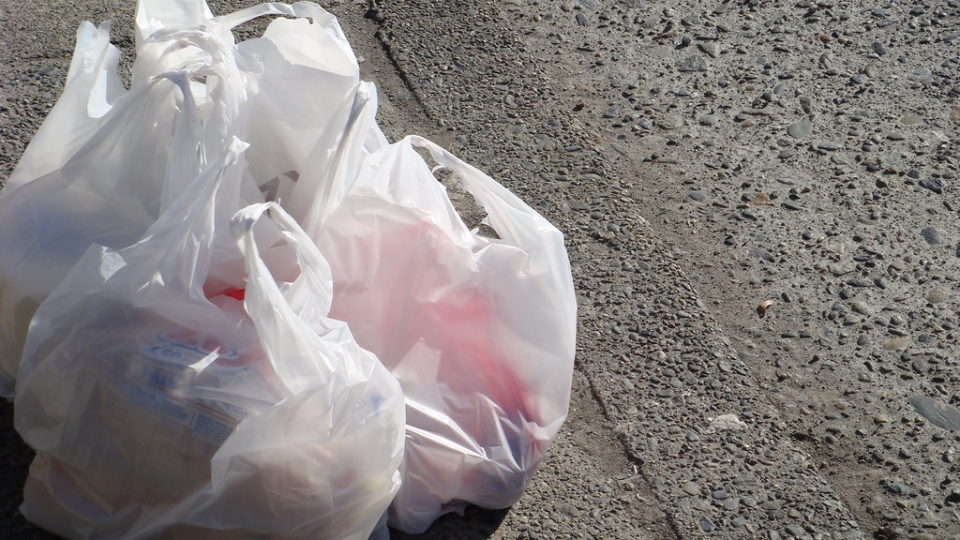Since the 1950s, more than nine billion tons of plastic have been produced, and 50% of that has been during the past 15 years. While there are some use cases for plastic that are important, it generally serves as the poster child of our throwaway culture.
Plastic pollution can be found everywhere on earth, from the top of the tallest mountains to the bottom of the deepest oceans. It’s in our food, water, and air.
By 2040, researchers predict that there will be nearly 90 million tons of plastic pollution entering the environment each year. By some estimates, single-use plastics account for half of all our plastic waste.
Many cities, states, and even countries are limiting or even banning single-use plastics. Canada recently announced a ban on single-use plastics. The ban includes things like plastic shopping bags, cups, cutlery, straws, stirrers, and take-out food containers.
The ban will phase in over the next several years, beginning with a ban on the manufacture and import of single-use plastics by the end of this year. Sales of these items will be prohibited in 2023, and the export of plastics will cease by the end of 2025.
Canada’s southern neighbor, the United States, leads the world in plastic waste generation. While some states have approved single-use plastic reforms, most of the effort at the federal level has focused on improving recycling rates. However, a recent report from several environmental organizations found that plastic recycling rates in the U.S. have actually declined in the last several years, from an already-dismal 8.7% to less than 6%.
Suggesting the plastic waste problem can be solved with improved recycling rates is greenwashing the issue.
**********
Web Links
Canada is banning single-use plastics, including grocery bags and straws
Photo, posted October 31, 2011, courtesy of Mara via Flickr.
Earth Wise is a production of WAMC Northeast Public Radio.






